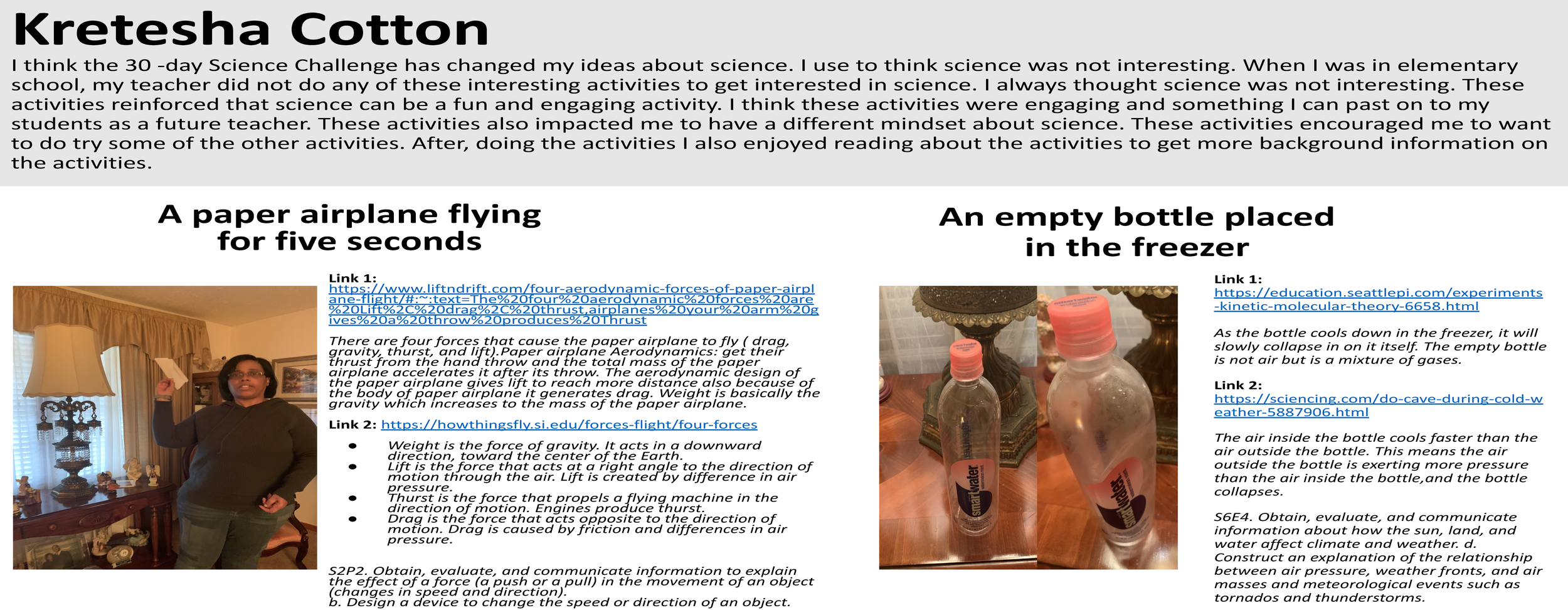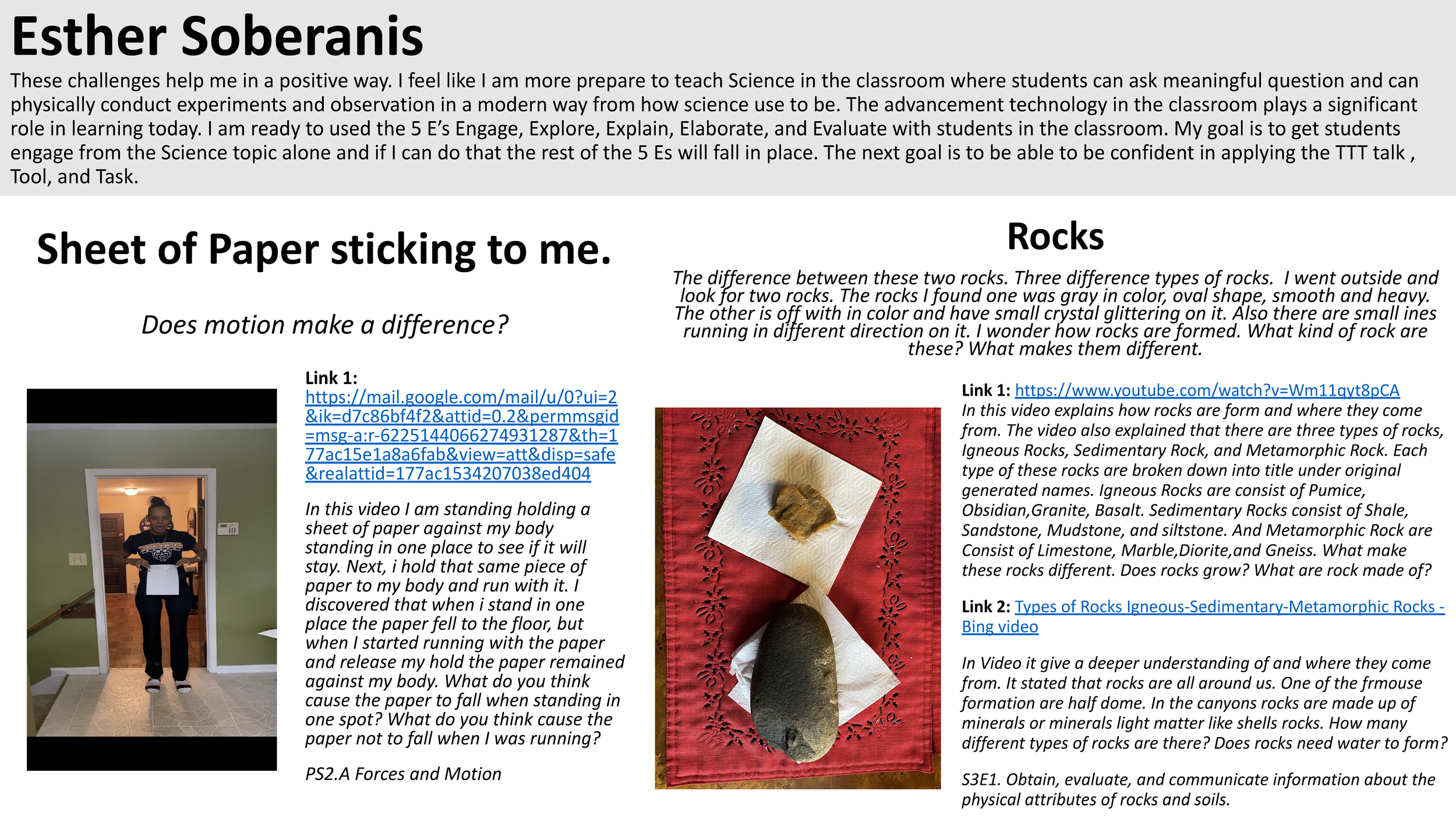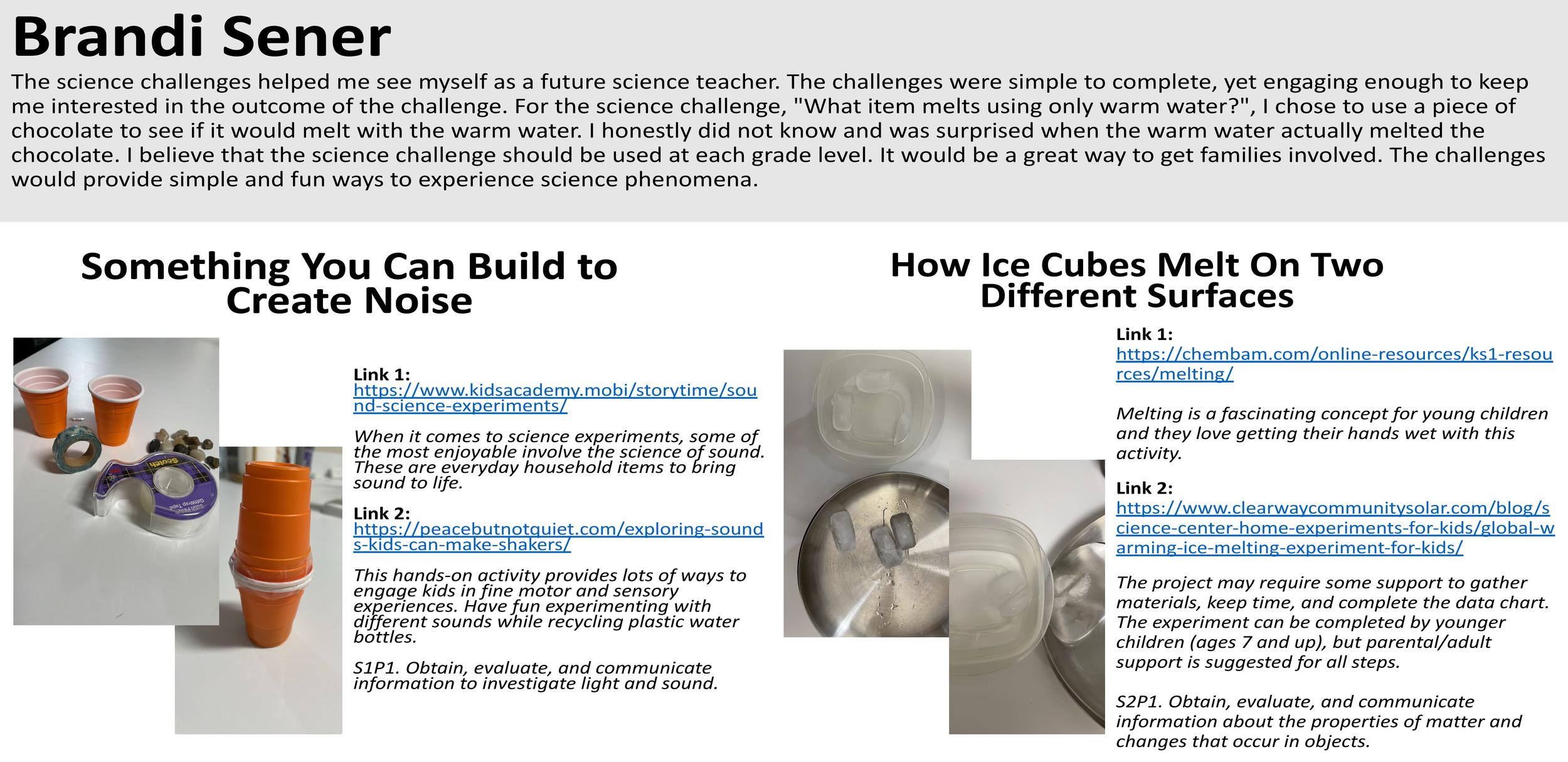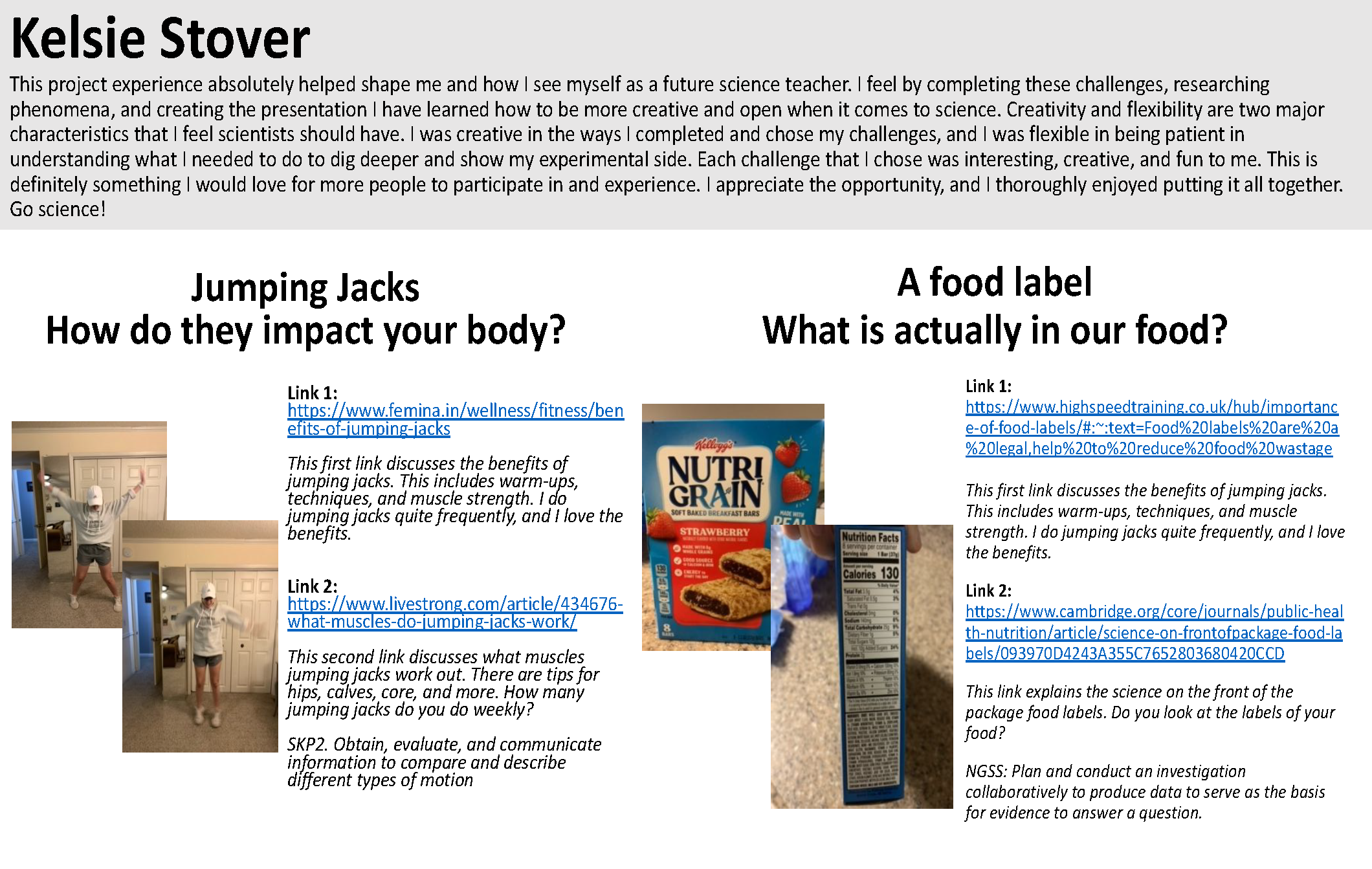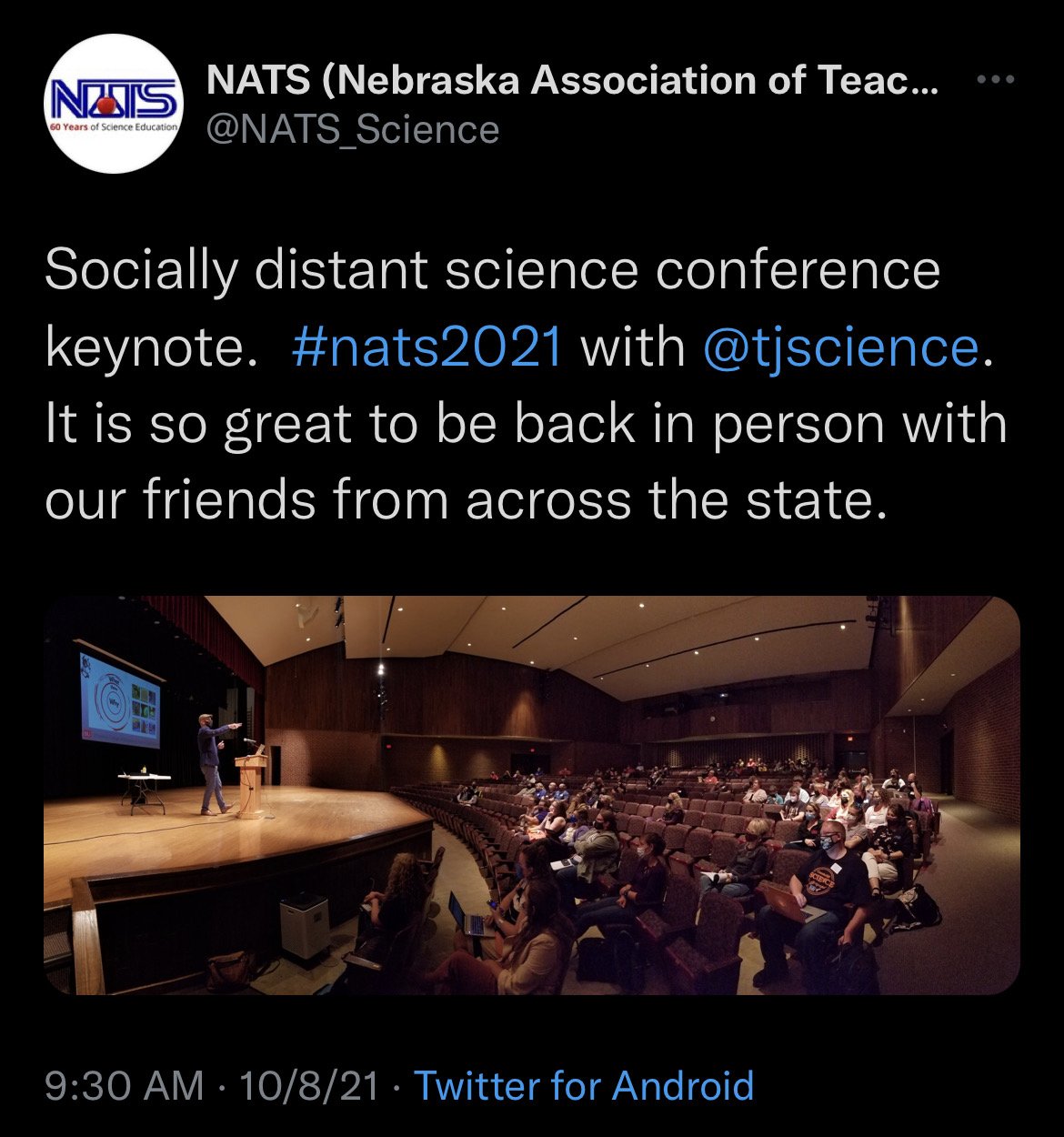about Thomas “tJ” Mckenna, Ph.d.
TJ has spent the past 20 years as a scientist, educator (formal and informal), science communicator, and faculty member focused on uncovering what works well in STEM education and how we can improve in scaling research and practice-based efforts. He works at the nexus of policy, practice, and research in ways that deepen the understanding of how to make progress on the ecological problem of supporting teachers (pre-service & in-service) in their efforts to offer high quality science learning to all of our students. He is a firm believer that effective professional development is key to unlocking the potential for all educators to create authentic and meaningful STEM experiences for all students.
Dr. TJ McKenna, a faculty member in Science Education at the Boston University Wheelock College of Education & Human Development, has always strived to share his love for making science accessible to the masses. "For me it goes back to this idea that everybody can do science, everybody has access to information," he says. "But it's about what we're going to do with it—what are we going to do with those science ideas?"
Over the last year and a half, Dr. McKenna and his elementary education students have had to get creative with their teachings, tailoring hands-on experiments and lab work to fit a virtual setting. He says his cohort has continued to successfully meet the challenge of teaching science online by bringing authentic science experiences into K-12 classrooms via Zoom and other helpful technologies. Take a look at how they're making it work. Check out the article in BU Today here.
TJ McKenna, left, serves as moderator for a Q&A event with the co-hosts of the Discovery Channel’s “MythBusters” program, held in November at the Jorgensen Center for the Performing Arts. Click here for the link to the article.
TJ McKenna, Ph.D.
TJ got his start as an animal behaviorist and is now an extreme hoarder of NGSS resources (which we know to be scarce). This may have stemmed from his undergraduate research where he conceived and designed experiments on deceptive and theft-averting behaviors of food-caching Eastern Grey Squirrels - hoarders of a different kind. This later eventually led to a Masters degree in Entomology, and he is currently a professor at Boston University focused on Science Education, and a PD designer and lead facilitator for the NGSX project (NGSX.org).
TJ first commented on early drafts of NGSS and became very interested in education because of the way the Next Generation Science Standards capture what it is like to think like a scientist in authentic ways. Now, drawing on his background as a research scientist and his 9 years of on-air television work, phenomena has become a major way he engages students and teacher learners (both pre-service & in-service) with core science ideas that they want to figure out. Because the NGSS reflect how TJ thinks about science, he hopes that through curating a cache of phenomena this will open conversations and with educators across the nation who are hoping to create the next generation of student engagement in science.
Collaborators on the site
chris zieminski
Chris has over 20 years of experience as both a wildlife researcher and an informal and formal science educator. When he was conducting field-based research, he focused his efforts on employing non-invasive genetic techniques to monitor threatened and endangered species and their response to habitat disturbances. As he transitioned to the classroom, he co-instructed undergraduate courses in land use and taught secondary life and earth science. Additionally, he has had the opportunity to work with classroom teachers, instructional coaches, and administrators from over 50 districts throughout Connecticut as these schools transition to the NGSS.
As a result, Chris has extensive experience supporting educators with the development of lessons designed to meet the intent of the Next Generation Science Standards. He facilitates a variety of workshops, including the NGSX: Next Generation Science Exemplar and Assessment Design to Support NGSS Instruction. His work focuses on collaborating with teachers to bring new learning and strategies to their classrooms.
Chris holds a bachelor’s of science degree from the University of Vermont, a master’s degree from the University of Massachusetts, and he has co-authored several articles published in peer reviewed journals.




